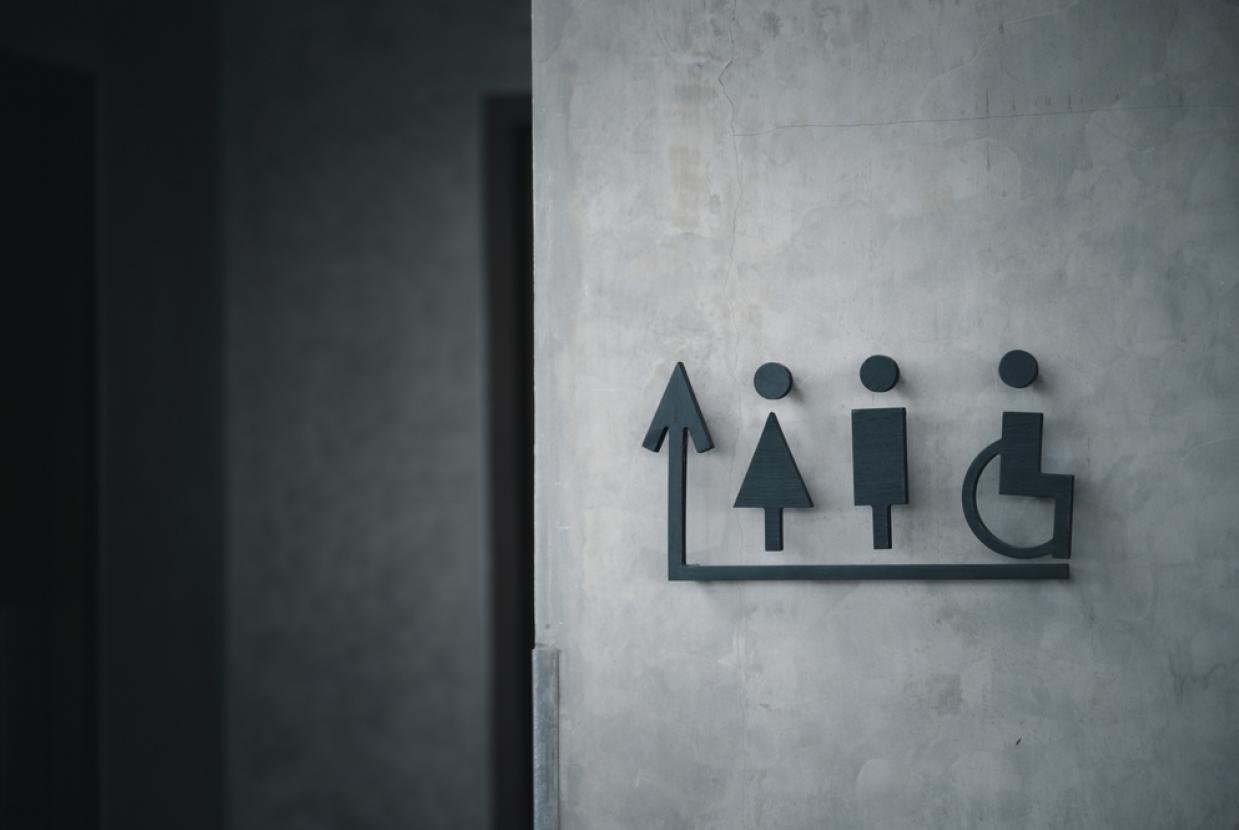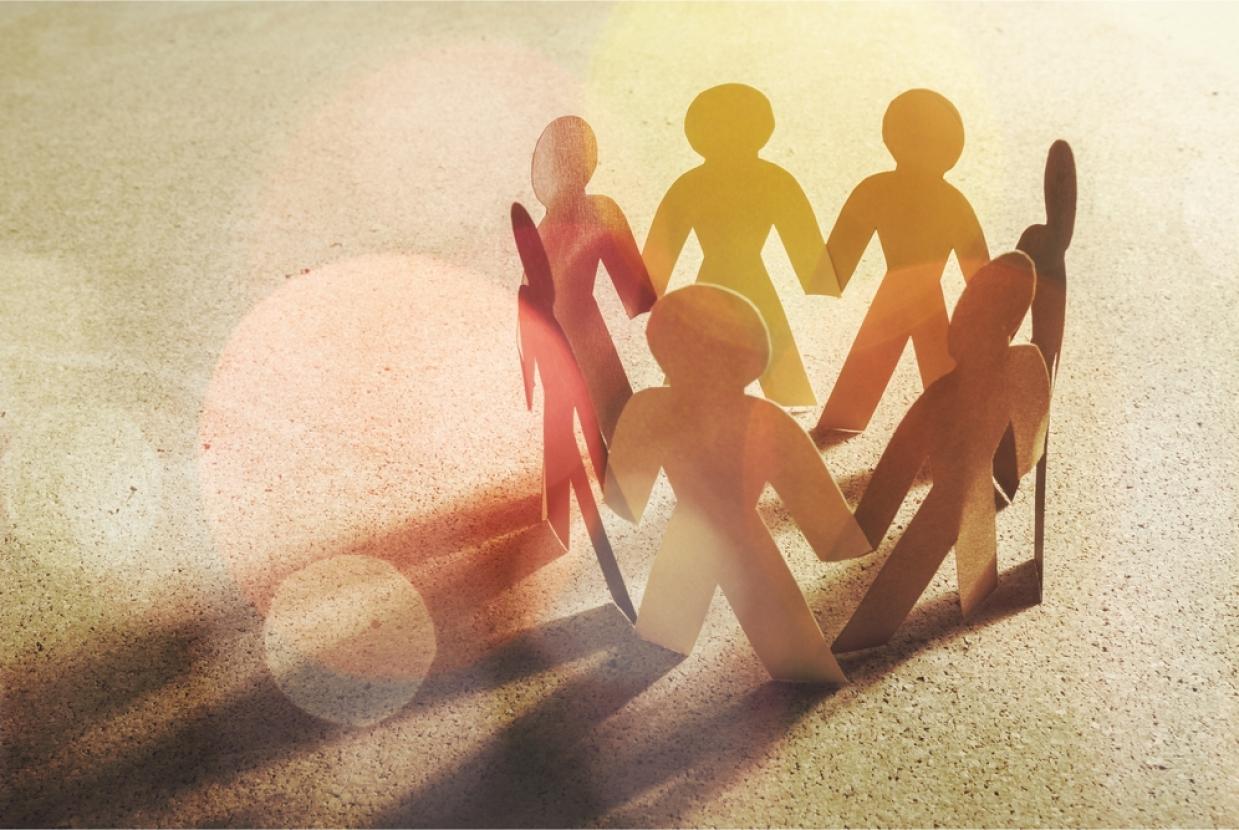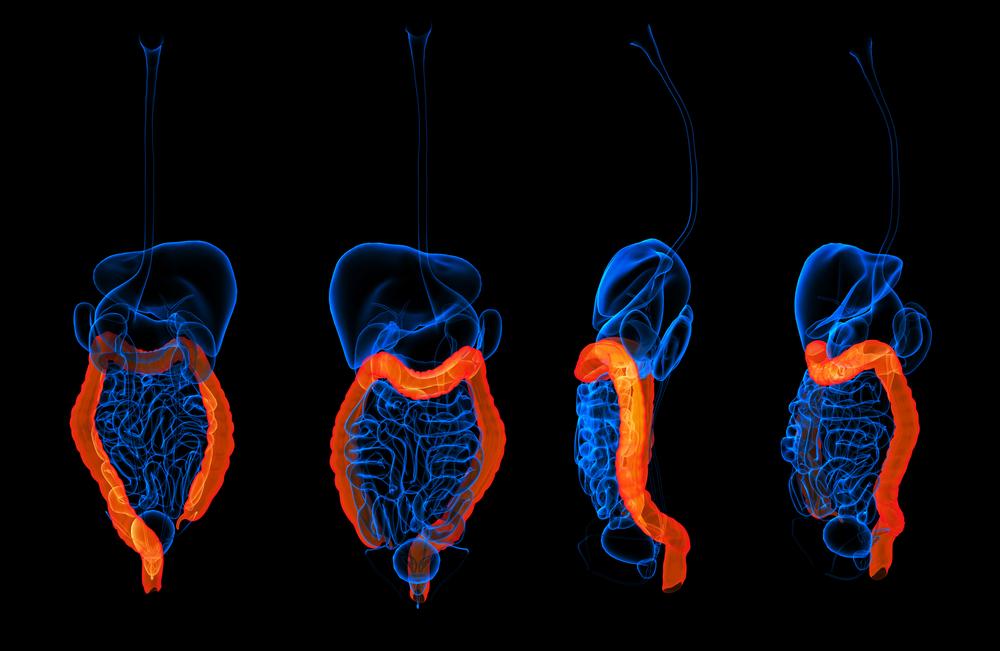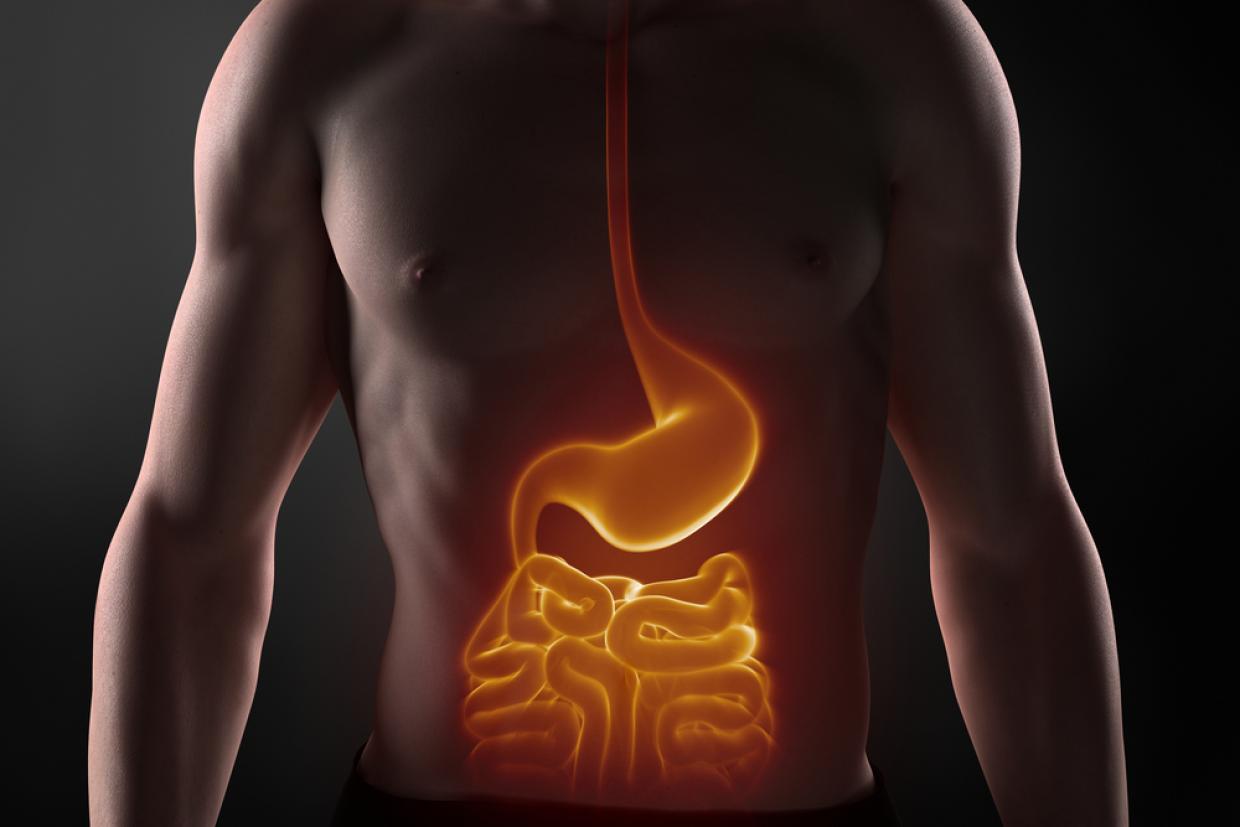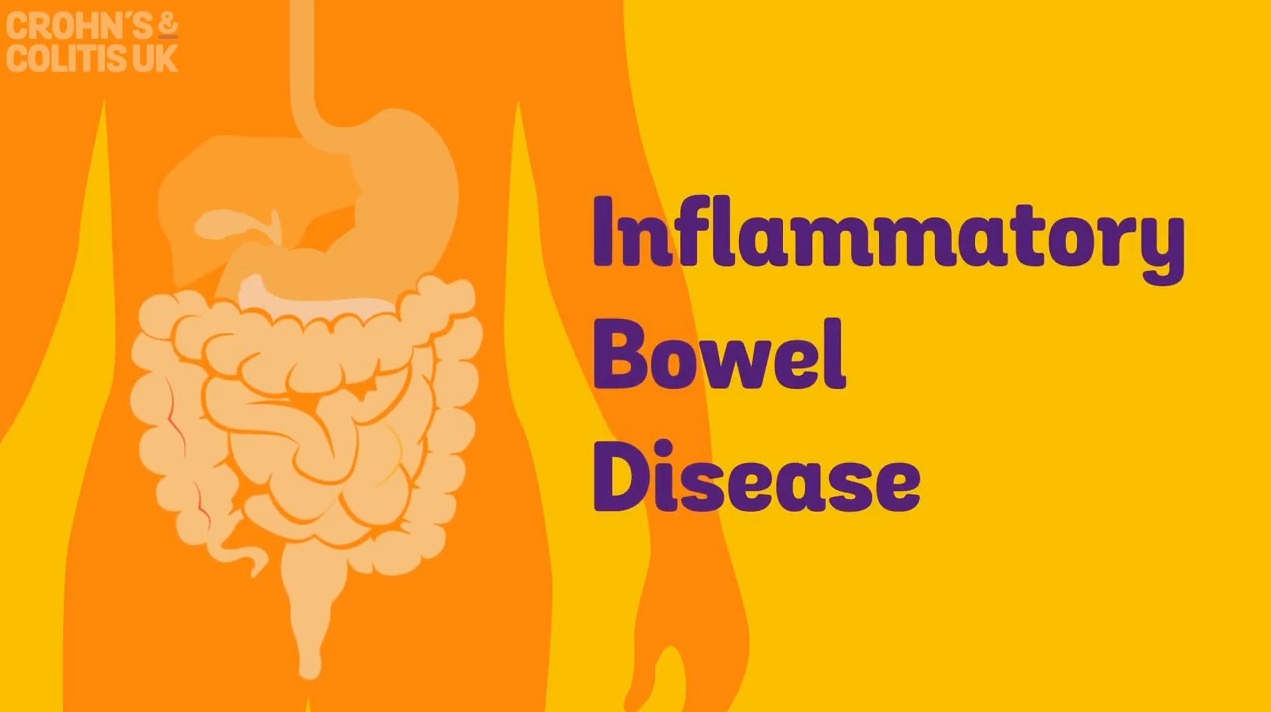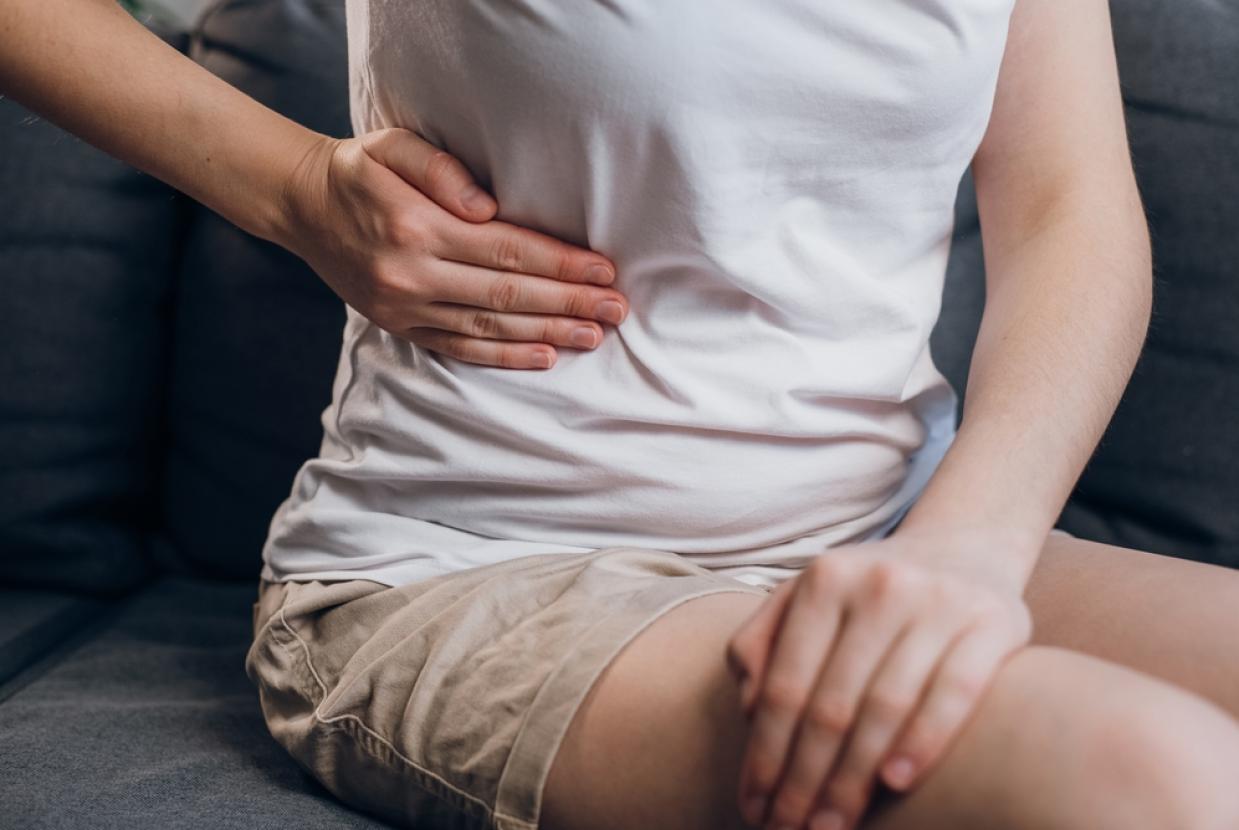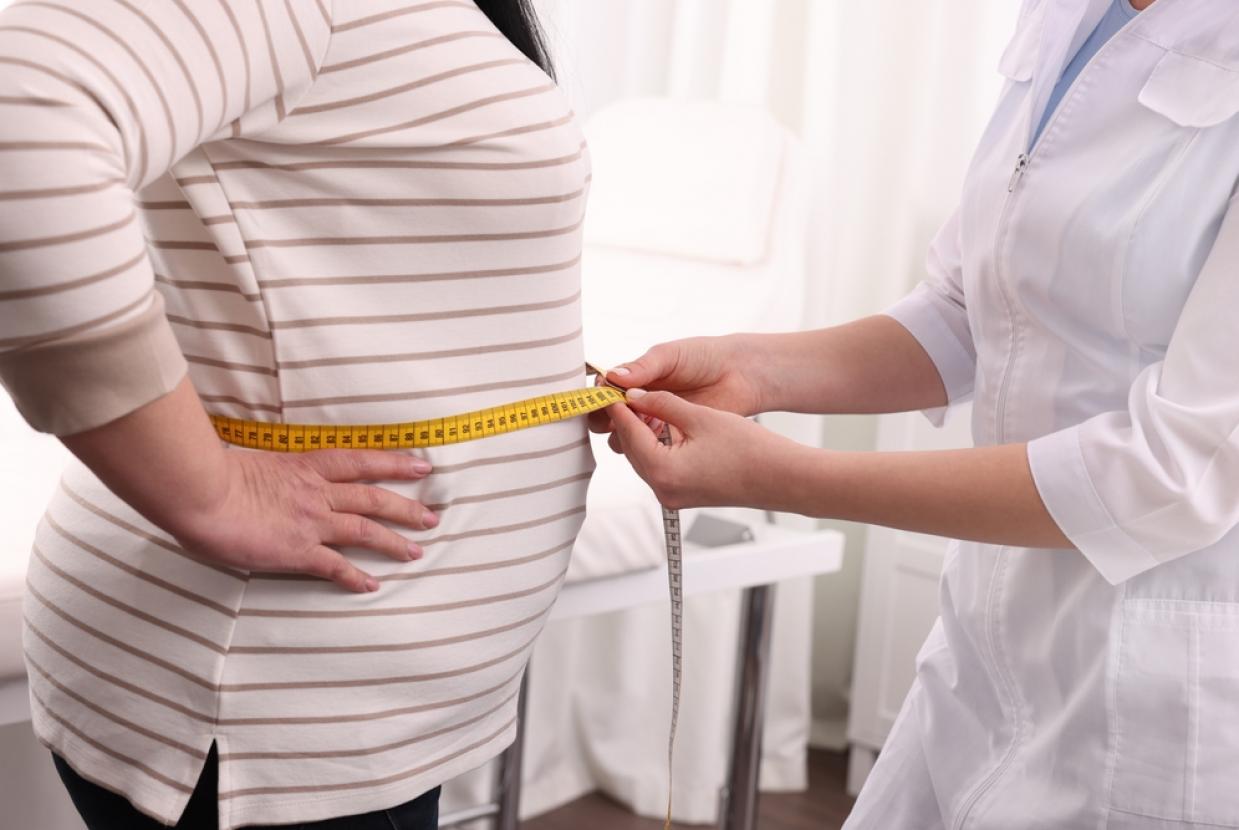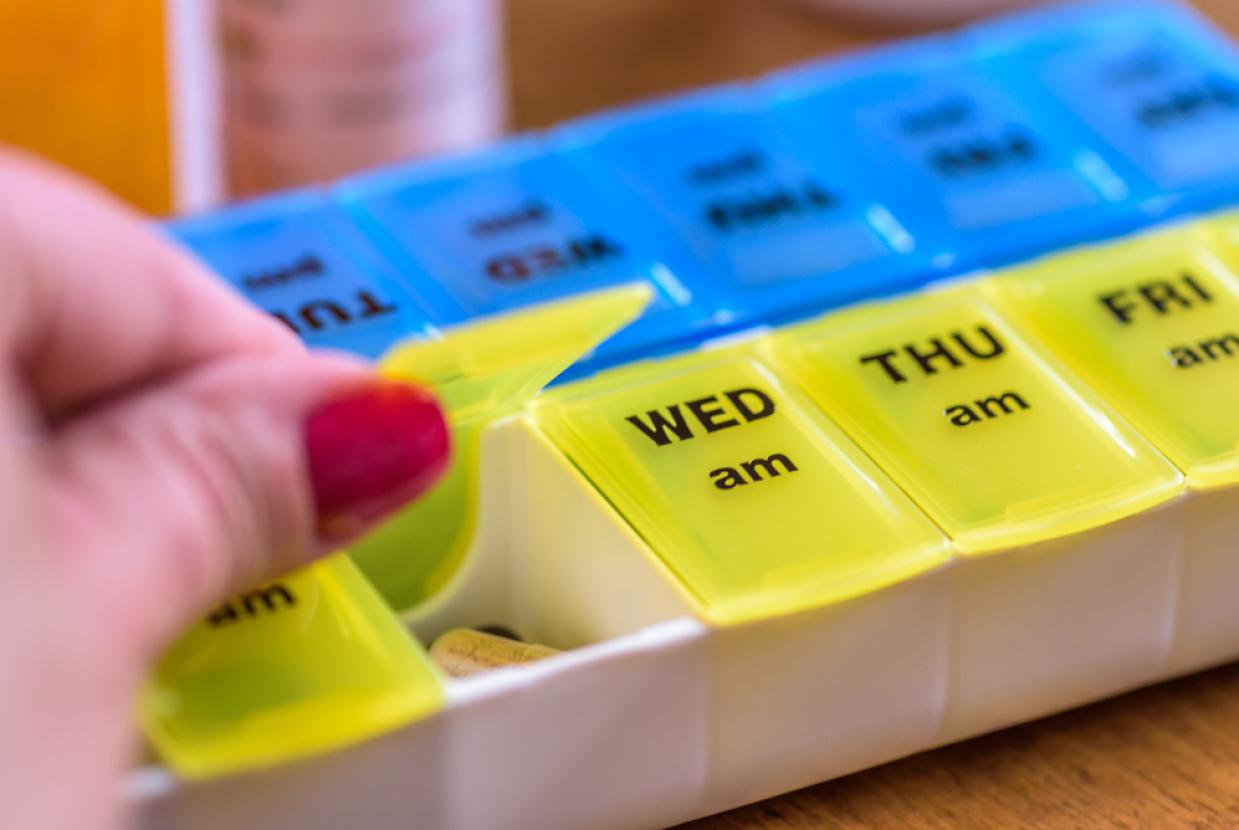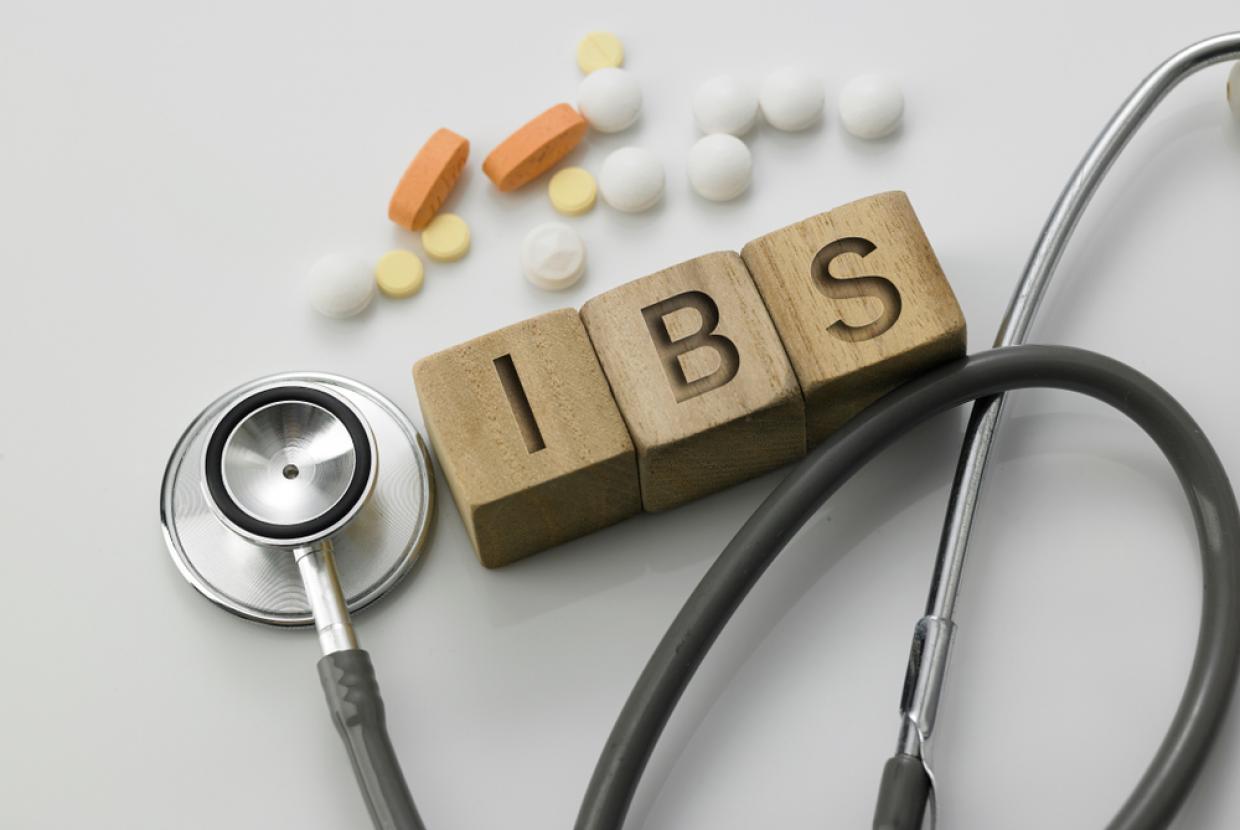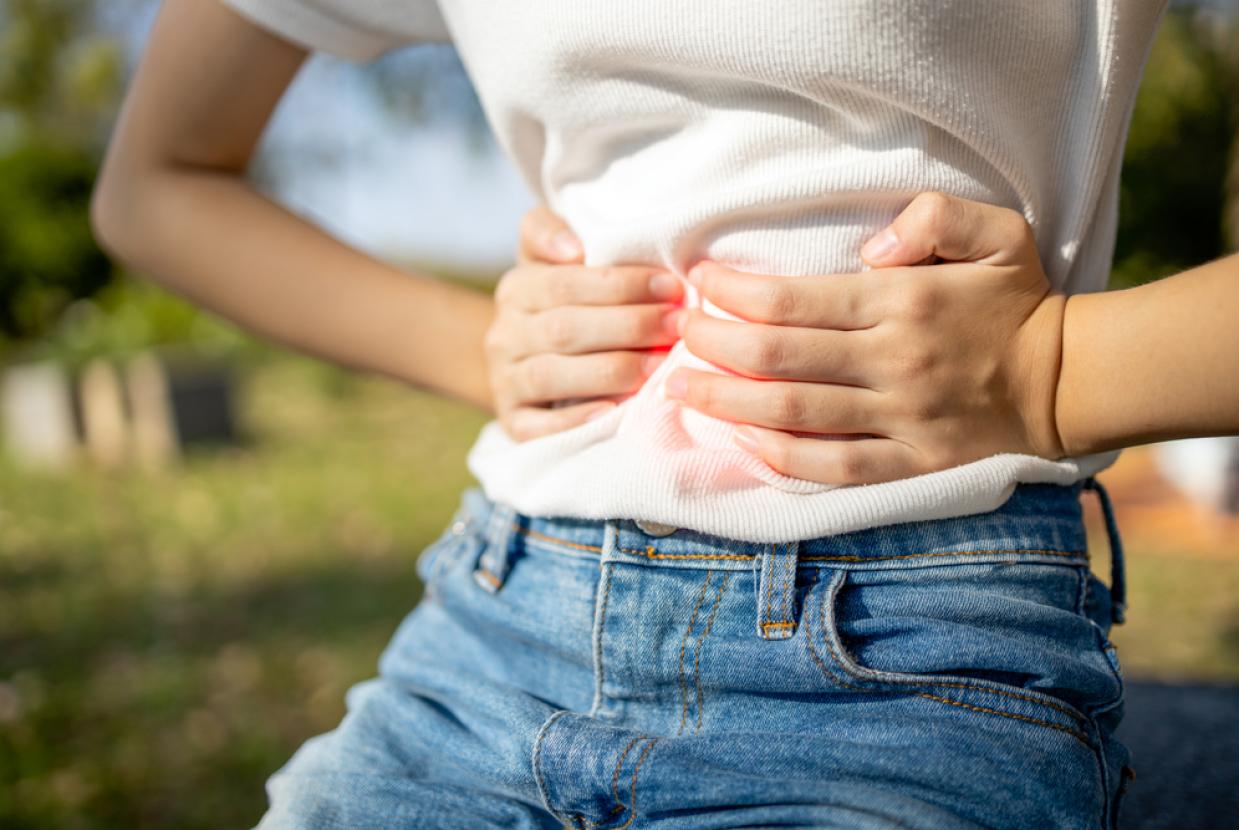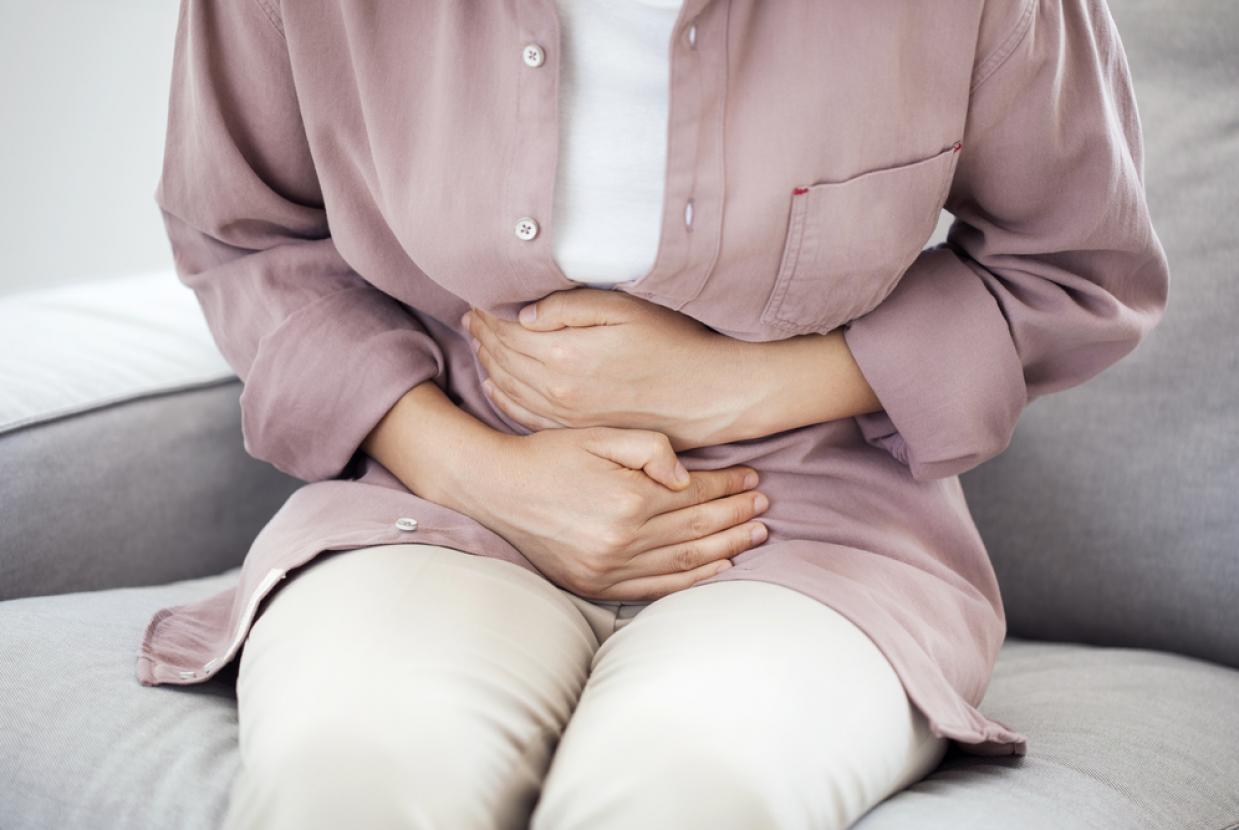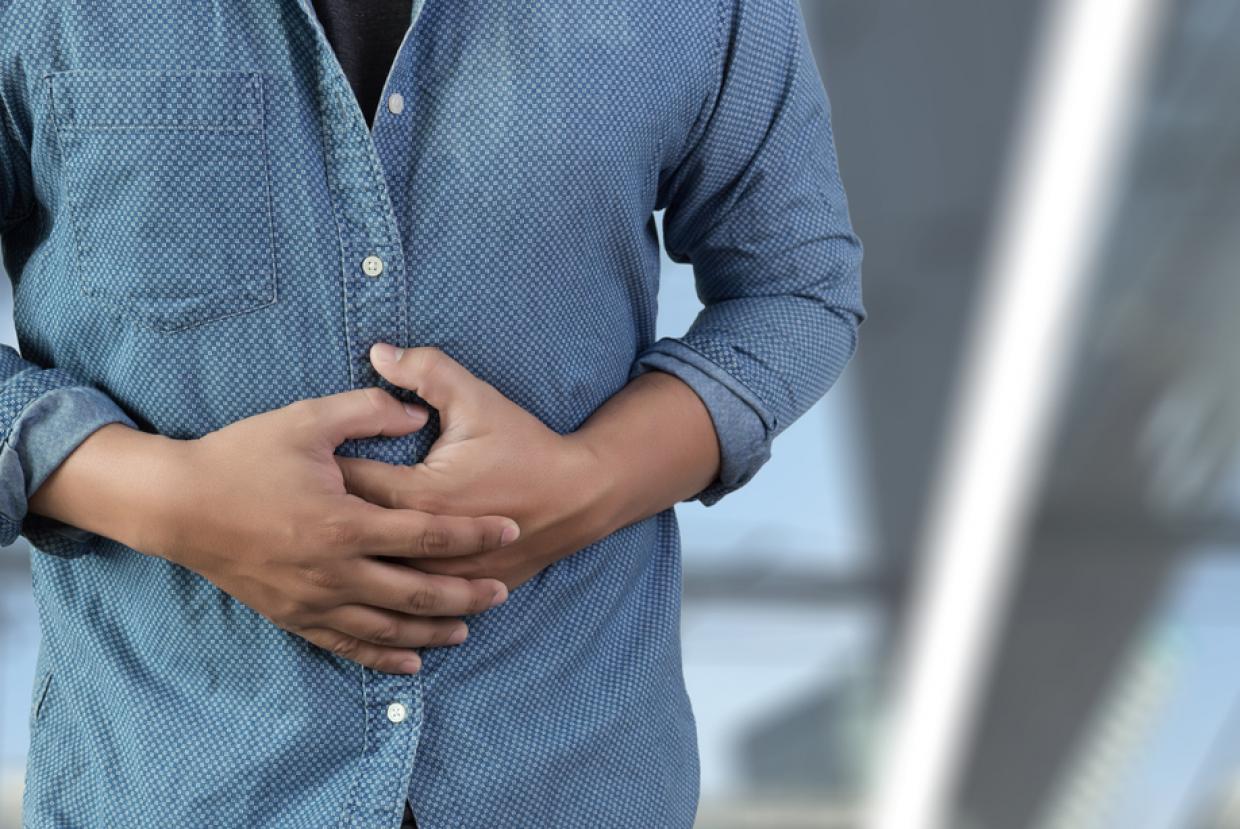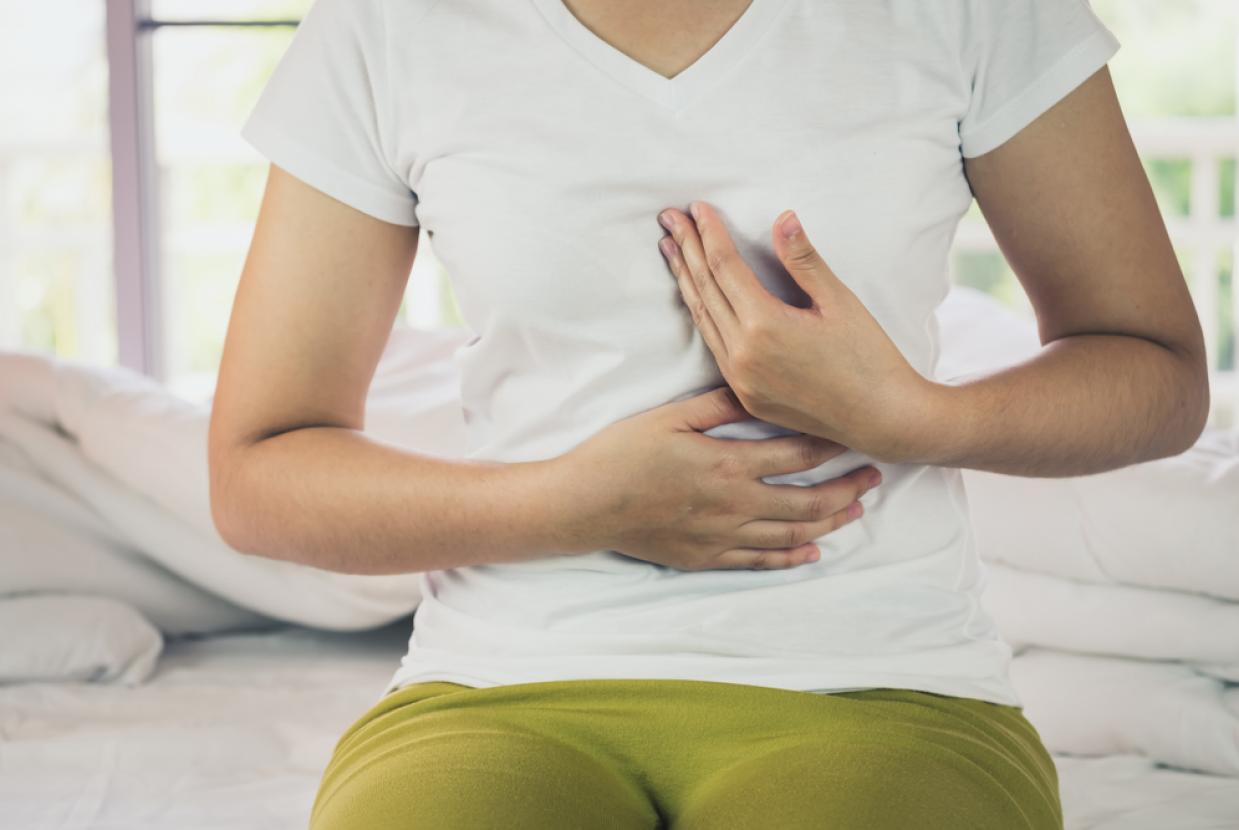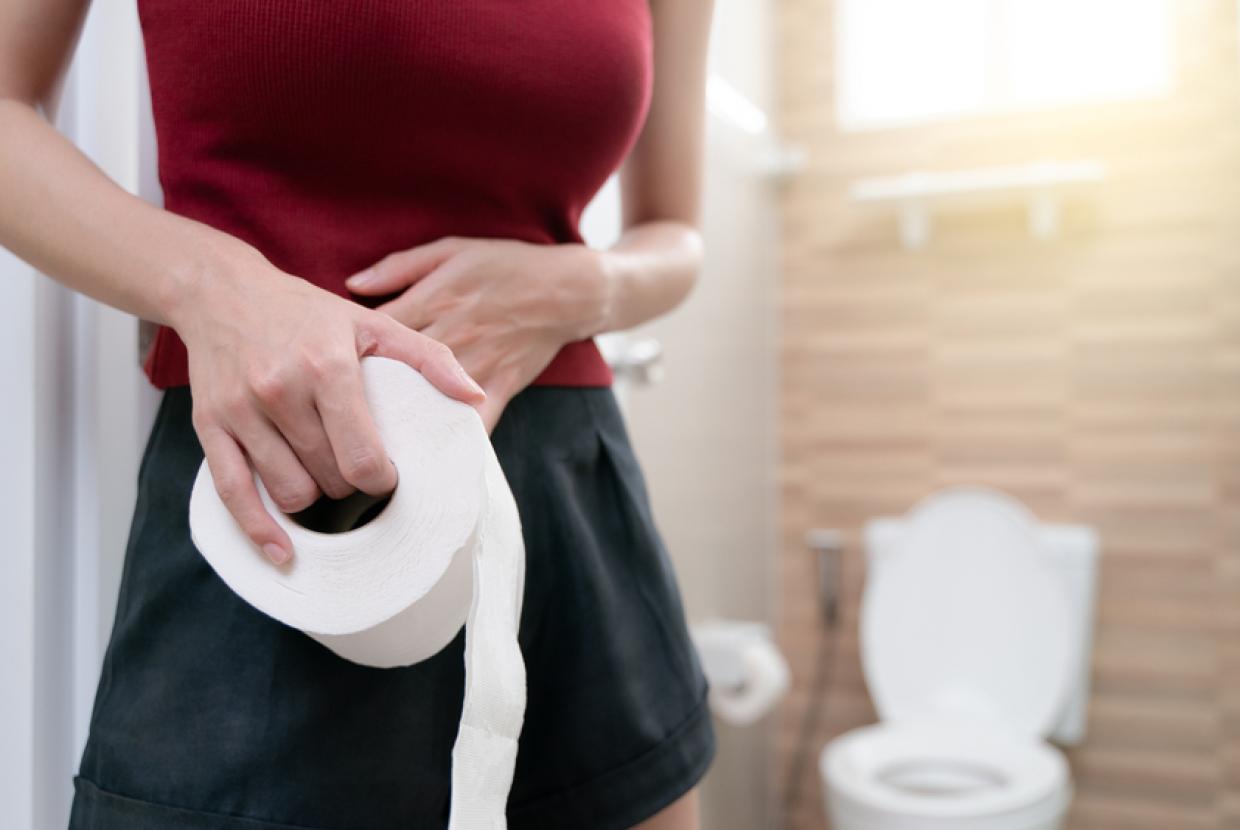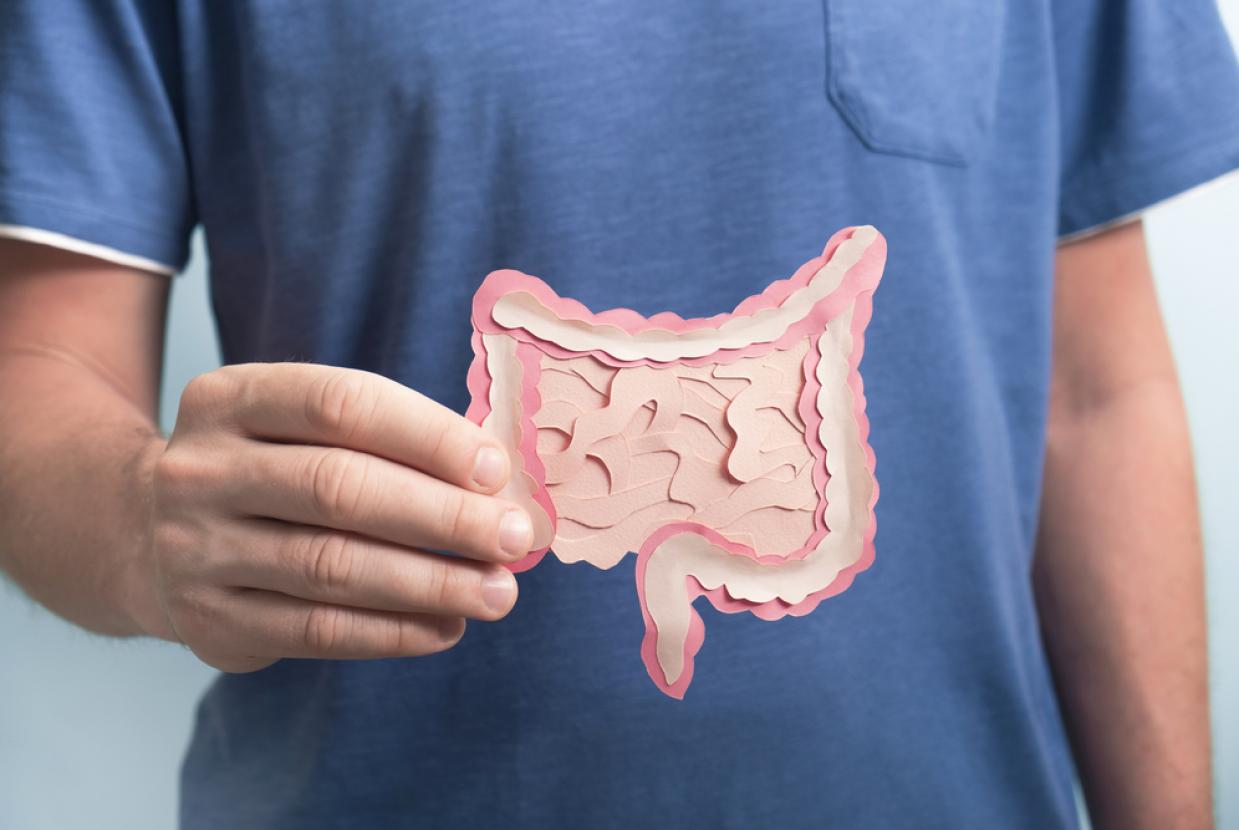Causes & Symptoms
We don’t know yet what causes Microscopic Colitis. It’s thought that a combination of factors trigger the body’s immune system to attack healthy cells in the lining of the colon. These include:
- Damage to the lining of the gut – this may be by caused by viruses, bacteria or certain medicines.
- Genes a person has inherited.
- Other factors such as smoking, age and gender.
Microscopic Colitis can affect anyone, from any background, age, ethnicity or sex. But there are some risk factors that may mean you are more likely to get it. These factors include:
- Most people are diagnosed with Microscopic Colitis when they are aged around 60 years. But around 1 in every 4 people (25%) are under 45. Children have also been diagnosed with the condition, although this is rare.
- The risk of developing Microscopic Colitis is higher in women than men.
- Having an autoimmune disease – see the section on autoimmune conditions.
- Smoking cigarettes.
- Use certain medicines – see the section changes to your lifestyle that can help.
Around 1 in every 2,000 people are thought to have Microscopic Colitis in the UK. But the real number could be a lot higher. This is because the condition may be underreported and misdiagnosed.
Symptoms
The main symptom of Microscopic Colitis is ongoing watery diarrhoea. Diarrhoea is the passing of watery or loose poo more than three times a day for longer than four weeks. For some people, this can be as many as 15 times during the day and night. It can begin suddenly or gradually, and can get worse over time.
With Microscopic Colitis, the diarrhoea:
- May be sudden – you may not always reach the toilet in time
- May happen frequently, both during the day and at night
When you have diarrhoea, your body loses a lot of fluid. It is important to drink plenty of fluids to avoid getting dehydrated. Find out more in our information about diarrhoea and dehydration.
Other symptoms can include:
- Pain in the tummy area, which may be cramping or dull.
- Fatigue or extreme tiredness. This could be from getting up at night to go to the toilet, but many people experience this even if they sleep through the night.
- Joint pain.
- Bloating and wind.
- Weight loss.


